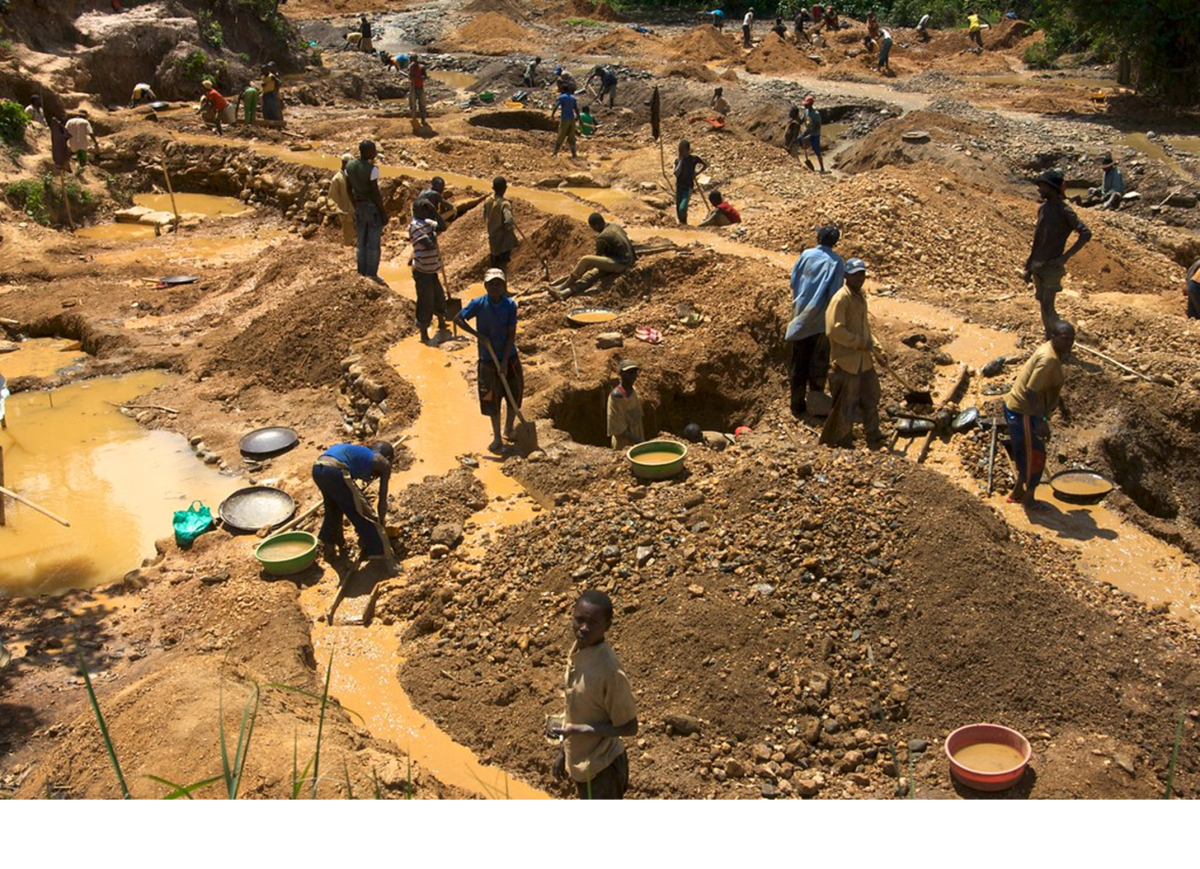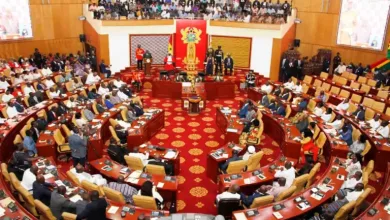Public health practitioners are urging the government and Ministry of Health to establish a comprehensive public health agenda to address the devastating impact of illegal mining, commonly known as galamsey, on public health.
This call to action follows growing concerns over the menace’s far-reaching consequences on both health and the environment. A research-based approach, experts argue, is crucial to understanding and mitigating the dangers posed by galamsey.
Recently, various religious and professional bodies have joined the chorus, advocating for a temporary ban on all forms of mining until a viable solution is found. This, they believe, will help stem the tide of galamsey’s destructive effects.
Public health practitioners also emphasize the importance of educating the public about the dangers of galamsey. Equipping them with informative materials, they say, will foster greater support for the fight against the menace.
Speaking at the 10th anniversary launch of Ensign Global College, Professor Daniel Ansong, a pediatrician, highlighted the severe health risks associated with heavy metal exposure from galamsey activities.
“These risks affect both adults and children,” Professor Ansong warned. “Exposure to certain heavy chemicals can have long-lasting, harmful effects on human health.”
To combat this, Professor Ansong stressed the need for enhanced training for public health practitioners. This training would enable them to conduct scientific research into the health implications of illegal mining.
“Public health institutions must prioritize initiatives to build capacity and train professionals to tackle the health dangers posed by galamsey,” he emphasized.
A comprehensive public health agenda on galamsey would provide a holistic understanding of its impact on public health, addressing all dimensions of the issue.
By taking proactive measures, the government and Ministry of Health can help safeguard the health and well-being of Ghanaians, ensuring a safer, healthier environment for future generations.




